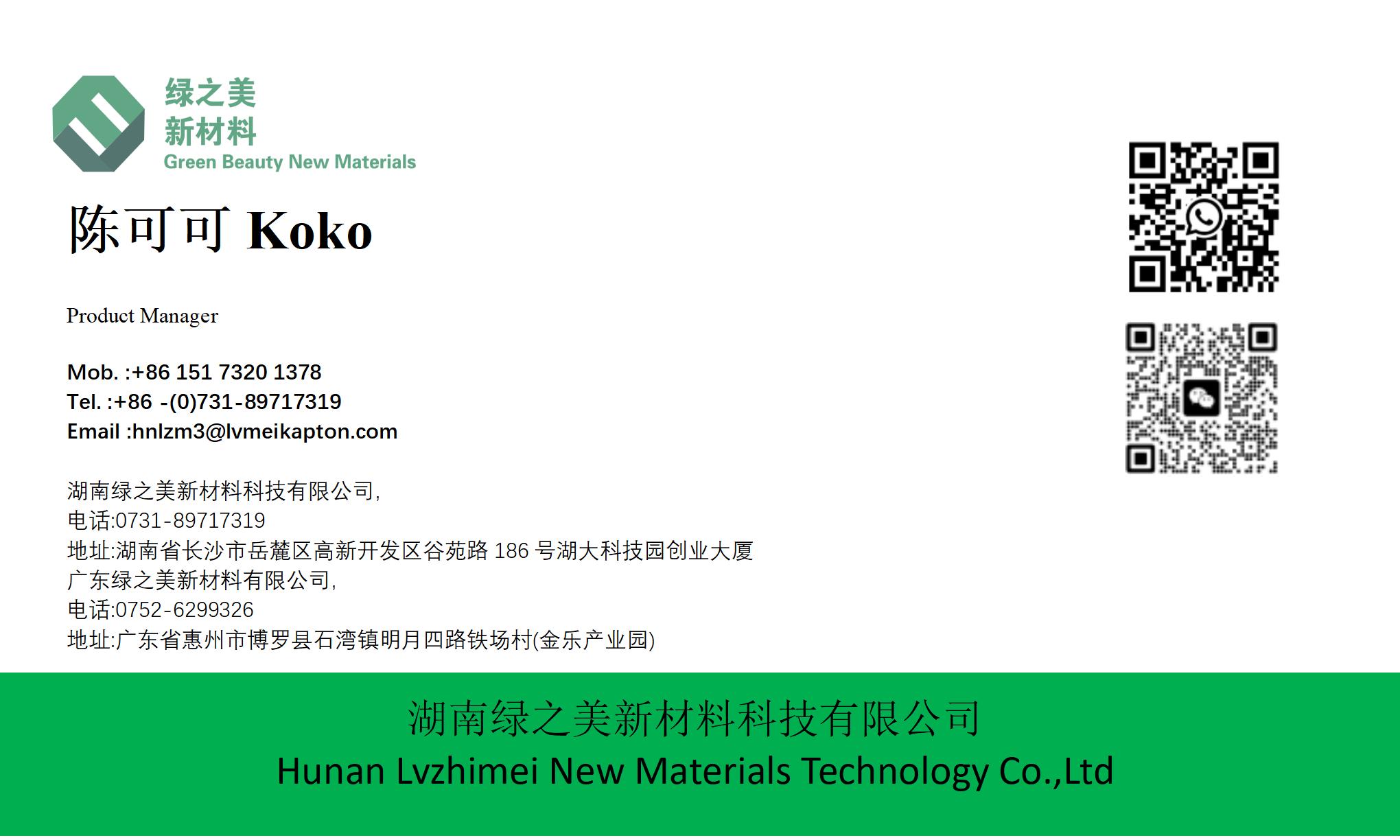



How the Proliferation of Flexible PCBs is Transforming PI Tape Formulations | https://www.lvmeikapton.com/
The rapid advancement and widespread adoption of flexible printed circuit boards (PCBs) are revolutionizing various industries, from electronics to aerospace. As these versatile circuits become more prevalent, the demand for high-performance materials to support their unique requirements is on the rise. Polyimide (PI) tape, a critical component in the manufacturing of flexible PCBs, is undergoing significant changes in its formulation to meet the evolving needs of this technology.
One of the key changes in PI tape formulations is the enhanced focus on thermal stability. Flexible PCBs often operate in environments with fluctuating temperatures, necessitating materials that can withstand extreme conditions without compromising performance. Advanced PI tapes, such as those made from Kapton, offer exceptional thermal resistance, ensuring longevity and reliability in demanding applications.
Another significant development is the improvement in adhesive properties. PI tapes are now being formulated with more robust and durable adhesives that provide better bonding to a variety of surfaces. This is crucial for applications where the tape needs to adhere securely to the PCB without affecting its flexibility or electrical properties.
In addition, there is a growing emphasis on chemical resistance. Flexible PCBs are increasingly used in environments exposed to harsh chemicals, and PI tapes must be formulated to resist degradation from these substances. This ensures that the tape maintains its integrity and functionality over the lifespan of the PCB.
The evolution of PI tape formulations also includes advancements in electrical insulation properties. As flexible PCBs become more complex, with higher density circuits and faster signal transmission, the need for superior electrical insulation is paramount. New PI tape formulations are designed to provide enhanced dielectric strength and low dielectric constant, minimizing signal loss and interference.
Furthermore, the trend towards miniaturization and higher performance in electronics is driving the development of thinner and more flexible PI tapes. These advancements allow for the creation of more compact and efficient flexible PCBs, enabling innovations in wearable technology, medical devices, and other cutting-edge applications.
In conclusion, the proliferation of flexible PCBs is driving significant changes in PI tape formulations. As the demand for these circuits continues to grow, the development of advanced PI tapes with improved thermal stability, adhesive properties, chemical resistance, and electrical insulation will play a crucial role in supporting the future of flexible electronics.





